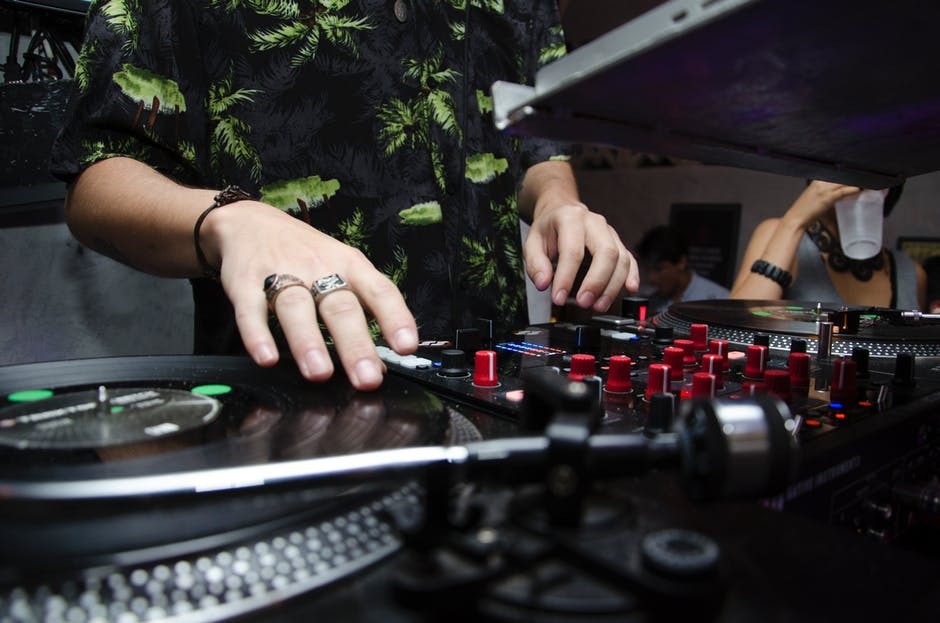One such DJ who makes the most of his classical influences is Anton Zaslavski (otherwise known as Zedd); he recently played a
90-minute set at the Opium Barcelona, mixing his classical training with modern electronica to create a unique and hugely-popular sound. Born in Saratov, western Russia, he moved to Kaiserslautern in southwest Germany at the age of four, where he was raised by his guitarist father and pianist mother. He began playing the piano at this time and went on to learn the drums at age twelve. After a brief spell in a German deathcore metal band named Dioramic, he was inspired by the work of electronic duo Justice to leave the band and produce his own music. Zedd attributes his hit-making abilities to this transition from classical music to death metal, as he was able to fully understand the elements of various genres and effortlessly blend them together. Since then, he has achieved world fame through winning a Grammy award for Best Dance Recording in 2014.
Gabriel Prokofiev is another great example of how a classical background can lead to success in the world of electronica. His recent performance at the annual classical Proms concerts in London was not only well-received by the live classical audience, but also broadcast on national radio at the same time. The Grandson of famous 20th-century classical composer Sergei Prokofiev, Gabriel Prokofiev studied composition at the University of Birmingham and University of York and went on to found the independent record label and club night Nonclassical in 2003. This label is dedicated to helping young, talented musicians break onto the scene, in an attempt to get younger people into the audiences at classical concerts.
The drive to combine the influences of classical music with electronica was also demonstrated in the 2016
experiment by classical label Decca Classics. The label invited the likes of electronic producers Mr. Scruff, Henrik Schwarz, Wolfgang Voigt and Francesco Tristano take source materials from Bach, Beethoven, Rachmaninov, and Debussy and remix them into a 17-track LP named Re:works. Kate Simko and The London Orchestra’s reworking of Schubert’s Schwanengesang is a beautifully-intuitive combination of both genres, while
Mr. Scruff’s version of Steve Reich’s Six Pianos is a little more “left field” and demonstrates some serious innovation on the part of the critically-acclaimed DJ.
It’s fair to say that classical pieces continue to play a big part in influencing music to this day, especially when it comes to electronic music. The combination of genres makes for an incredibly big and epic sound, particularly when it is played live. It will be interesting to see whether the likes of Zedd and Prokofiev have a similar impact on musicians hundreds of years from now.
--
main photo credits:
Isabella Mendes /
CC0

